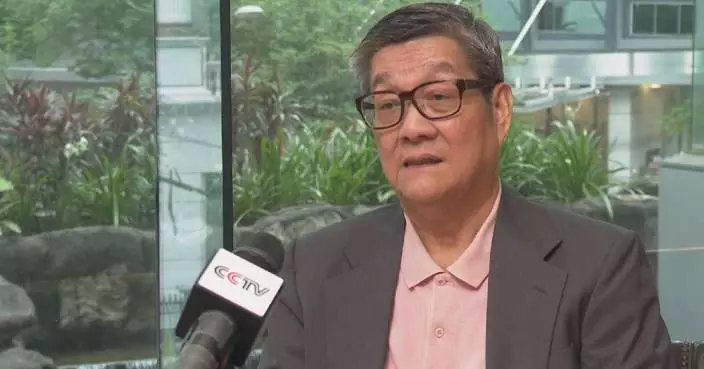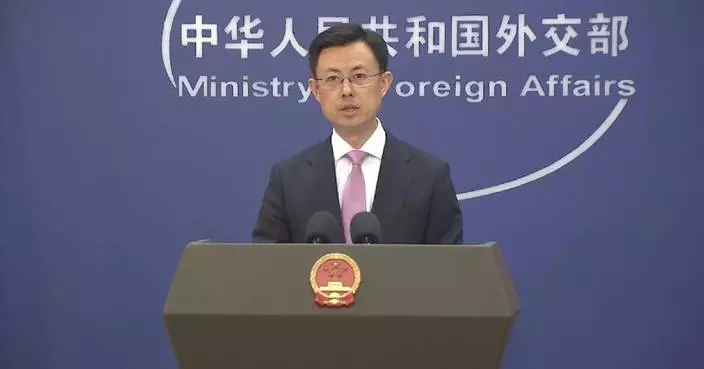On August 4, during the men's 4x100 meter medley relay at the Paris Olympics, the Chinese team performed astonishingly, defeating the United States and clinching the gold medal. This victory ended the United States' 64-year undefeated streak in this event, a record that had stood since its introduction in the 1960 Olympics (excluding The year when the US boycotted the Olympics).
The most remarkable performance came from Pan Zhanle, the "Flying Fish of China," who swam the final 100-meter freestyle. Despite trailing by 0.72 seconds, Pan surged ahead with incredible momentum, leading China to victory. Pan's time of 45.92 seconds in the final leg was a significant improvement over his world record of 46.40 seconds set just days earlier in the 100-meter freestyle event. Although relay results do not count toward individual records, Pan's performance demonstrated his potential to further break his own world record.
The United States has long been a dominant force in swimming, with Australia and other countries emerging as strong competitors in recent years. However, no country had ever managed to dethrone the United States in the 4x100 meter medley relay like China did. This unprecedented result explains why the United States has aggressively pushed for repeated drug tests on Chinese athletes and attempted to tarnish China's reputation.
Since April of this year, the United States Anti-Doping Agency and American media have been intensely focusing on allegations that 23 Chinese athletes in 2021 were allegedly involved in doping. Although it was later confirmed that food contamination was the cause, the United States questioned these findings and even invoked its domestic "Rodchenkov Anti-Doping Act" to assert long-arm jurisdiction and investigate the matter. The International Olympic Committee's strong criticism eventually subdued these efforts, but American media continued to make noises.
The US's emphasis on Chinese athletes' alleged doping not only led to increased drug testing by the World Anti-Doping Agency, disrupting the athletes' rest but also imposed immense psychological pressure due to the relentless public scrutiny. As a result, China's breaststroke champion Qin Haiyang only managed to secure seventh place in his event, failing to win a medal and performing well below his relay race results. This indicates that the US's pressure tactics had some effect.
This issue is not at all a minor dispute. The United States' current actions against China are reminiscent of the Cold War tactics used against the Soviet Union, albeit more intense. The Soviet Union was not an economic powerhouse and could not compete with the United States economically, but the two engaged in fierce competition in space exploration and sports, symbols of national strength.
China's rapid rise in recent years has challenged the United States across various domains. The emergence of swimming prodigy Pan Zhanle, who has already broken world records, has not gone unnoticed by the US. The US's strategy to manufacture a doping scandal aims to disrupt Chinese athletes and prevent China from taking the 4x100 meter medley throne that the US had held for 64 years.
To this day, Americans still show disbelief over Pan Zhanle's world record-breaking performance in the 100-meter freestyle, insinuating that such achievements could not be possible without drug use. However, Pan's success is not solely due to his hard training and natural talent but also the scientific research backing the Chinese team. For instance, Pan overcame traditional swimming bottlenecks by improving his pulling and kicking techniques to enhance speed. He also optimized his breathing to ensure adequate oxygen supply during high-intensity competitions. These innovations in sports technology have allowed him to push the boundaries and achieve extraordinary speed.
The United States' inability to accept being surpassed by other countries has led it to use various extralegal methods to suppress competitors. For example, when France's Alstom posed significant competition to General Electric in the turbine business, the US used long-arm jurisdiction to accuse Alstom of bribery in other countries, arresting its senior executive and eventually forcing Alstom to sell its turbine business to GE.
Similarly, the US targeted China's Huawei when it surpassed American companies in 5G telecommunications and mobile phone development. The US arrested Huawei's CFO, Meng Wanzhou, on charges of violating US sanctions. Despite the immense pressure, Huawei managed to secure Meng's release, although its business operations continued to suffer under US sanctions.
These cases illustrate that the United States struggles to accept others' success and resorts to all possible means to protect its supremacy. However, these measures often fail to address the root causes of competition and instead involve underhanded tactics that ultimately prove futile.
Wing-hung Lo
Bastille Commentary
** The blog article is the sole responsibility of the author and does not represent the position of our company. **











































